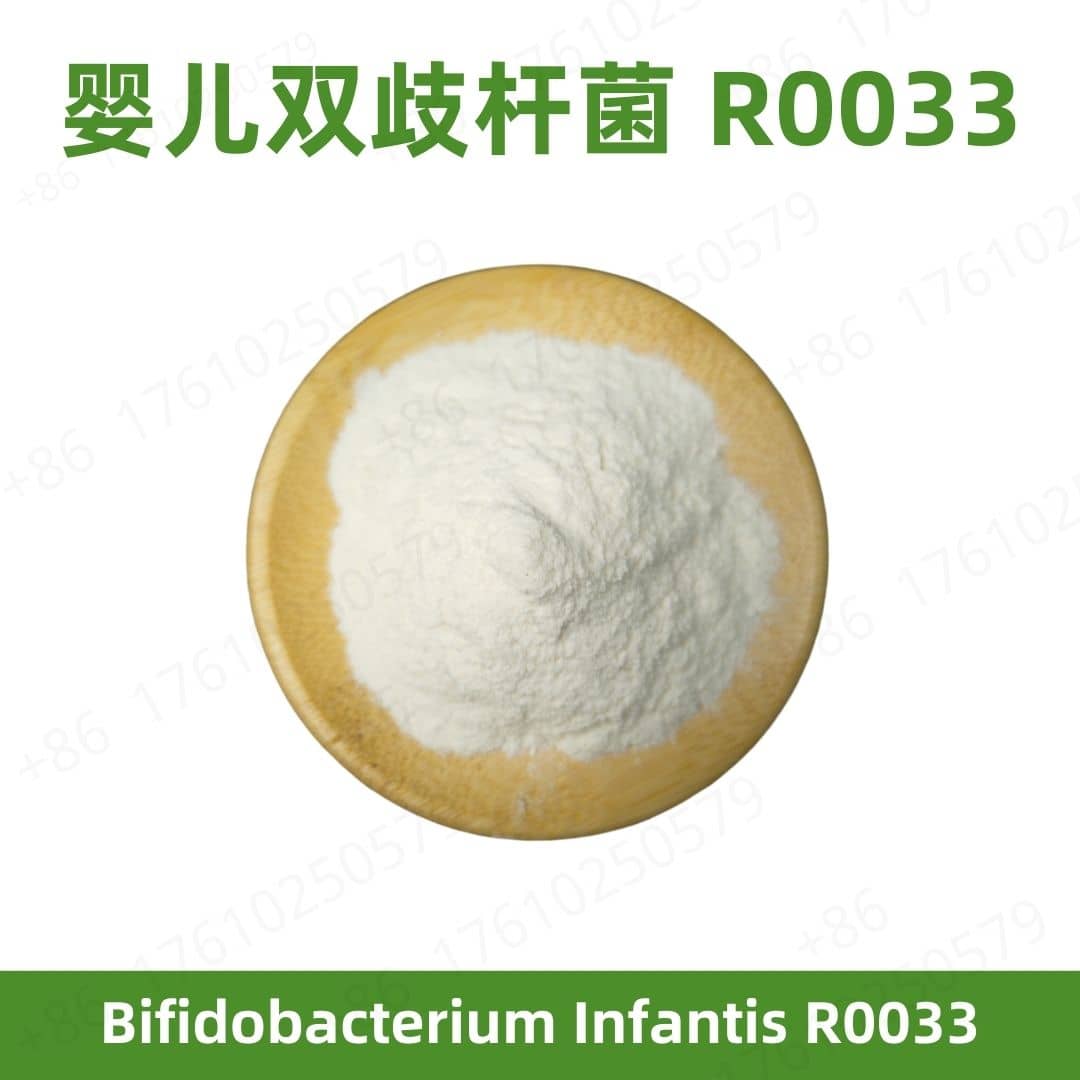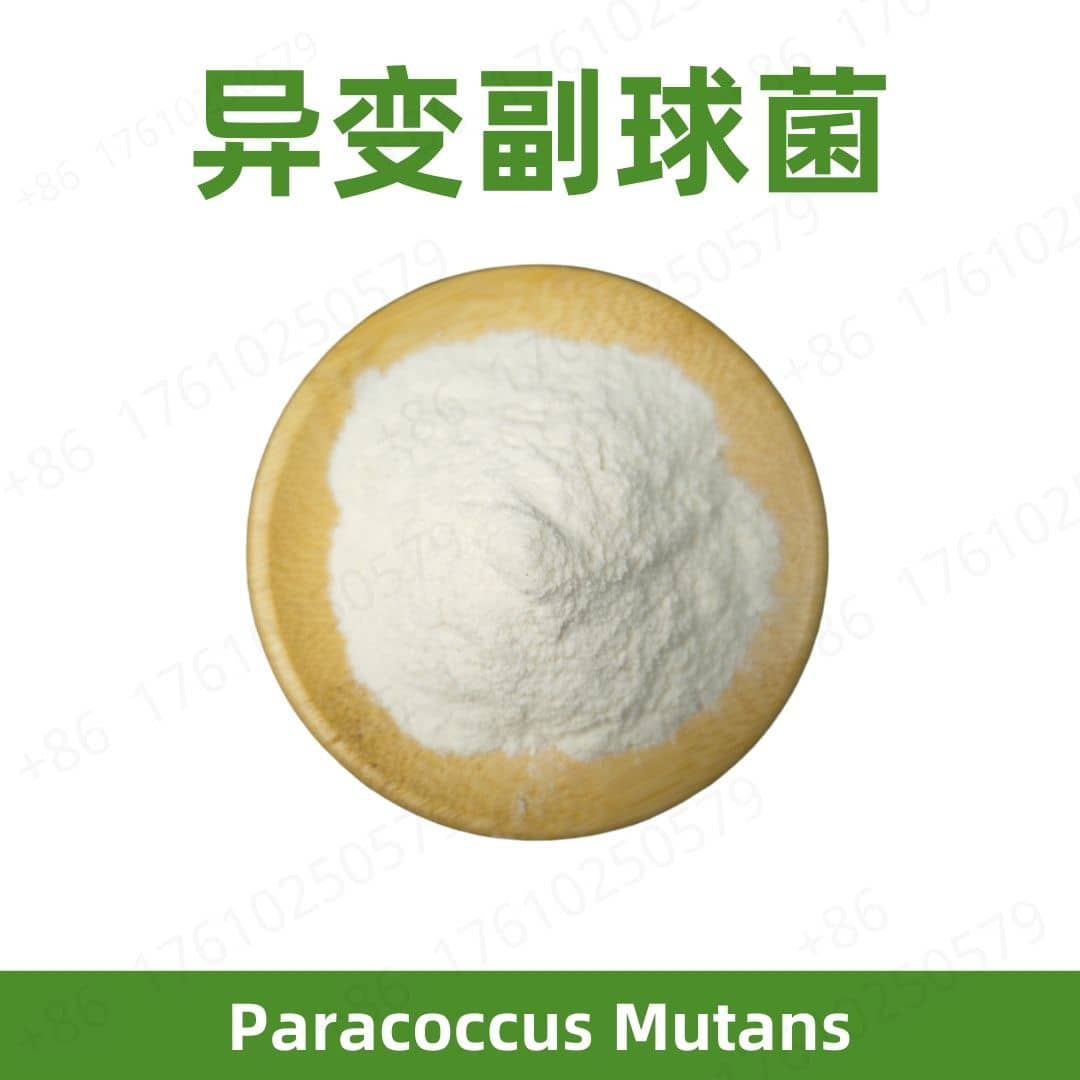Product Introduction
Leuconostoc mesenteroides subsp. mesenteroides is a lactic acid bacterium that plays a significant role in food fermentation. This microorganism is known for its ability to produce lactic acid and carbon dioxide, contributing not only to the texture and flavor of fermented foods but also to their preservation. Its presence is prevalent in several traditional food products, particularly in the dairy, vegetable, and bakery sectors.
Production Process
The production of leuconostoc mesenteroides subsp. mesenteroides begins with the selection of high-quality cultures. These cultures are then propagated in a suitable growth medium that provides optimal conditions for their development. The fermentation process typically occurs under controlled temperature and pH settings to encourage the growth of these bacteria while minimizing the risk of contamination. Following fermentation, the cultures are harvested and dried to create a stable powder form for further use.
Product Benefits and Functions
Leuconostoc mesenteroides subsp. mesenteroides offers several health benefits due to its probiotic properties. It aids in the fermentation process, enhancing the flavor and texture of various food products. Moreover, L. mesenteroides can help maintain gut health by promoting a balanced microbiome. It is also known to produce antimicrobial compounds that may inhibit the growth of harmful bacteria. Additionally, this probiotic can improve the digestibility of nutrients, making them easier for the body to absorb.
Product Application Scenarios
This probiotic is widely applied in the food industry, particularly in dairy products like yogurt and cheese, where it contributes to flavor development. It can also be used in fermented vegetables, enhancing their taste and preserving their quality. Bakeries often utilize leuconostoc mesenteroides as a starter culture in sourdough bread making. Beyond food, it finds applications in the production of probiotic supplements, which support digestive health.
Packaging and Storage
Storage Conditions: Store in a sealed, light-proof container, away from high temperatures, in a dry, cool, and well-ventilated place.
Packaging: Bulk: 25kg/cardboard drum; Sample: 1kg/aluminum foil bag; Custom packaging available upon request.
Shipping Methods: FedEx, DHL, dedicated logistics, and sea freight consolidation.
Shelf Life: Two years
Monica Sun possesses extensive technical expertise and market insights in the food additives industry. She excels in designing efficient and safe additive formulations tailored to various food applications, ranging from sweeteners to functional dietary fibers. Monica has successfully assisted food manufacturers in optimizing ingredient combinations to enhance product quality and improve consumer satisfaction.

















